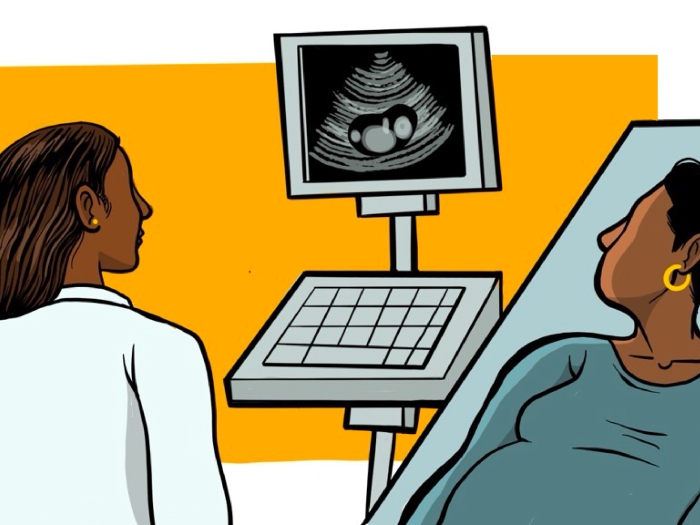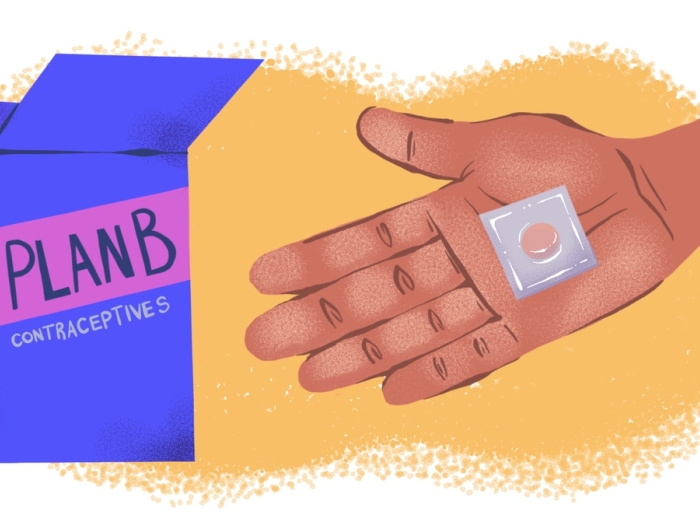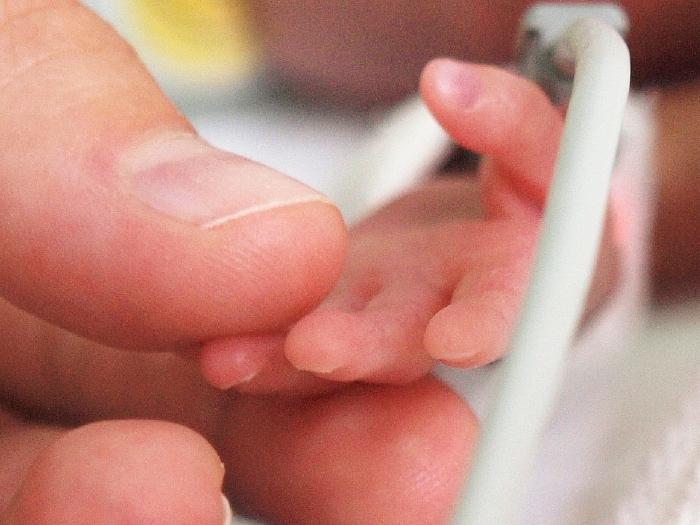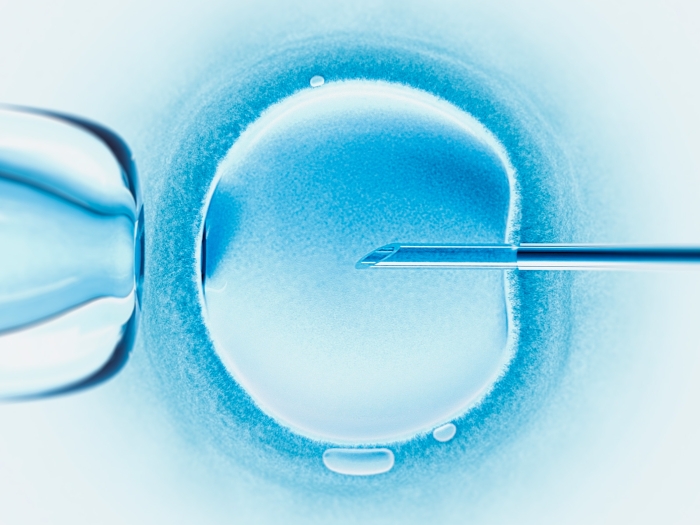Showing 16-30 of 56 results

Health Lab
Medicaid eligibility during pandemic led to increased postpartum coverage, study suggests

Department News
New website to help adolescents with disabilities learn about reproductive health.

Department News
Dr. Fenner was selected for her unmatched clinical care and ability to form trustful and lasting relationships with her patients.

Health Lab Podcast
U.S. emergency departments see 96% fewer visits, $7.6 million less in medical costs after FDA approval of over the counter emergency contraception.

Health Lab
Multi-specialty team is studying a non-invasive method to measure underlying cervical tissue changes that precede birth with the hopes of predicting timing of birth.
Health Lab
Using a chip to process blood samples, doctors can monitor the amount of cancer cells in a patient’s blood to determine how well a treatment is working by the fourth week, according to a new study.

Health Lab
After federal approval for over the counter emergency contraception in 2006, emergency departments across the U.S. saw dramatic decreases in related visits.

Health Lab
American hospitals vary greatly in what they offer to birthing parents when a stillbirth occurs during labor or delivery.

Health Lab
A Michigan Medicine-led study found that transgender individuals show similar rates of severe parental morbidity and preterm birth and lower rates of cesarean delivery when compared to cisgender people.

Health Lab
Recently approved by the Food and Drug Administration, Pluvicto is a radionuclide-labelled drug administered to patients showing promising results.

Health Lab
A team developed a new approach for combining microbiome data together while overcoming the noise introduced by the different techniques used in each study into a tool they dubbed MaLiAmPi (Maximum Likelihood Amplicon Pipeline).

Health Lab
A Michigan Medicine urogynecologist discusses what urinary tract infections are, how they are treated and what new research is on the horizon.

Health Lab
The current IVF recommendation is for transgender patients to stop taking gender-affirming hormones before the procedure, which can be costly and life changing. Now, a team of researchers are diving in further to investigate what the best recommendations should be based on more evidence.

Health Lab
Findings from researchers at the University of Michigan Health Rogel Cancer Center, published in Cancer Discovery, show how a specific nucleotide metabolite called GTP controls responses to radiation and chemotherapy in an unexpected way.